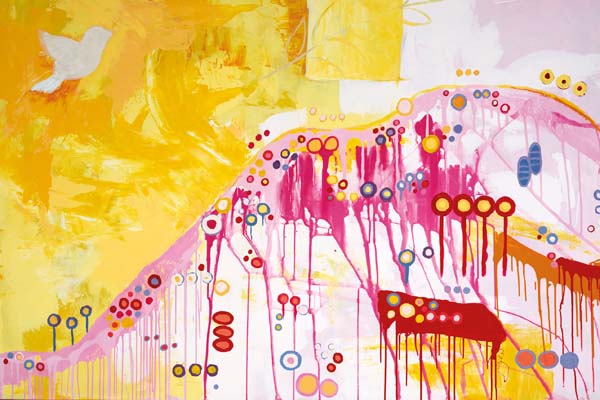And how its other-focus must confront us
Nathan Brown
Master of Arts (research) student
Avondale College of Higher Education
 Revival: I’ve been following the theme through denominational publications over the past few years. I’ve been looking for a particular Bible passage—Isaiah 58—but I’ve been disappointed.
Revival: I’ve been following the theme through denominational publications over the past few years. I’ve been looking for a particular Bible passage—Isaiah 58—but I’ve been disappointed.
The chapter’s ripe for consideration. These religious people—the people of God, no less—are seeking God with fervor. They worship Him daily and “delight” to know His ways (verse 2). They fast and repent, but God seems unmoved and unresponsive, even silent.
Then, speaking through Isaiah, God responds in a way that confronts them and must confront us. The kind of revival I want from you, says God, is to serve those who need your help. Release people from the things that hold them back. Help the oppressed find freedom. Feed the hungry. Provide shelter to those who are homeless and those who need it. Share clothes with those who don’t have enough (6, 7). Even if we have only a little, God calls on us to be generous to those around us.
It’s remarkable: the spirit of Jesus and the heart of faithfulness to God are so other-focused that even our spiritual renewal is not about us, reaching out instead to the poor, the oppressed, the hurting and the hungry.
In Isaiah 58:8–12, God promises blessings in response to this kind of revival. In effect, He says if the people are less focused on themselves, they’ll find Him working with them and through them to bring healing and restoration. This is the revival the people are seeking, a renewal of their hope and purpose as found in God with a real sense of His presence in their lives and community.
We don’t know how these first hearers of Isaiah’s call to this truer revival responded. But as Jesus confronted the same issues (see Matthew 23), perhaps there are always those who are content with mere religion, while others hear the call to revival in a way that truly changes us and those around us. Perhaps that’s why Isaiah’s voice still echoes and challenges us today.—Adventist World
Nathan is book editor at Signs Publishing Company.
 Avondale College of Higher Education
Avondale College of Higher Education